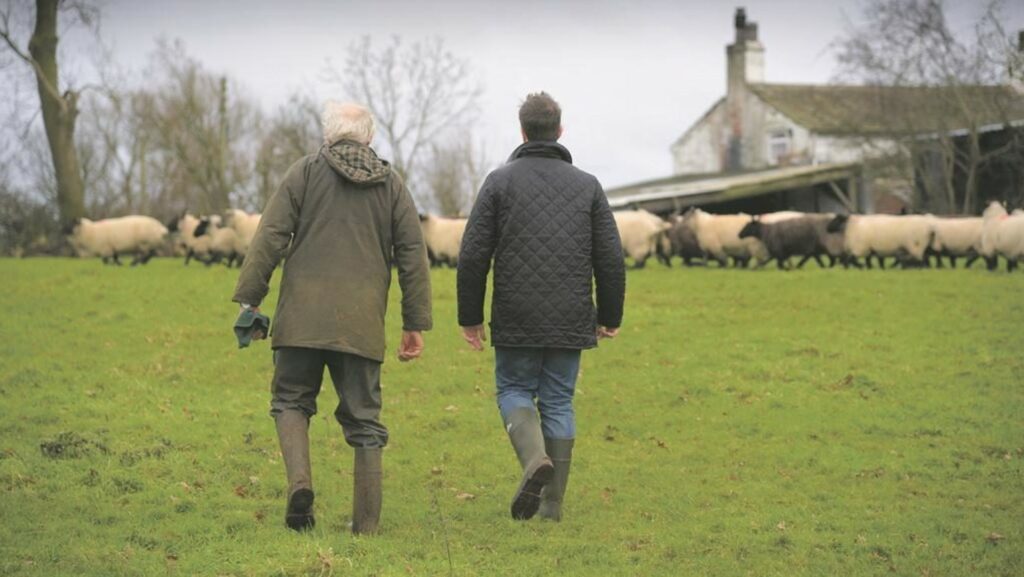Scottish rural consultancy Davidson & Robertson has issued advice to landowners, saying that “knowing the real value of your property is crucial”.
The independent firm of rural surveyors and consultants has said that farming is experiencing a generational change, and that there have never been “so many potential paths to follow”.
As a result, it said, knowing the value of land is extremely important, whether the land is for sale, succession planning is underway or land use is being reevaluated.
Head of rural and agency at Davidson & Robertson, Graeme Ferguson, said from a land management and succession planning perspective, there is “real value” in having an up-tp-date valuation on your property.
This, he said, is something that less than 50% of farmers have in place.
“There are more competing land uses than we have seen before (in food production, environmental enhancement, forestry, carbon sequestration, energy production, recreation, tourism, and housing development),” he said.
“Valuations are a starting point to help capitalise on opportunities and protect your family and business for future generations.”
Benefits of valuation
Ferguson said estate and farm property valuations that will inform for succession and tax planning are important.
“It is essential to understand how the assets are owned, who is occupying the land and buildings, and on what basis, alongside the potential implications of both inheritance tax and capital gains tax,” he said.
“Valuations properly assist tax planners in assessing tax liabilities so they can maximise available tax reliefs and mitigate inheritance tax liabilities for you.”
For example, Ferguson said, agricultural property relief and business property relief can help reduce or eliminate inheritance tax on farming other qualifying business assets.
As well as this, capital gains tax relief can be claimed on qualifying agricultural and business assets and gifts into certain types of trust.
“Values can be used in succession planning in the apportionment (distribution) of the estate or farm and planning for probate purposes,” he said.
“In some circumstances the property may not have been valued for years, or even decades.”
Succession planning
Ferguson said that establishing a plan for farm or estate succession will ensure “effective transfer of assets to the next generation”.

“Capital taxes can be a significant financial drain on property owners, but many are reluctant to obtain a formal valuation because of the associated expense,” he said.
“This is a short term view – because valuations are key to helping to reduce the exposure of families and businesses to capital taxes.”
Ferguson cited research carried out by rural insurer NFU Mutual that revealed that only 47% of farmers polled had succession plans in place and only a third of these had been reviewed regularly to ensure they remained current.
He said that farmers worried about sorting out their succession plans can benefit from his, and Davidson & Robertson’s, advice.
“The first step of any succession plan is a frank and honest conversation to understand the long term goals of the business and the long term plans of those involved,” he said.
The main questions should be framed around the next generation’s interest in the farming business and, if they are interested, whether or not they have a different view of land management.
“These can often be difficult or challenging conversations, and ones that are often best facilitated by a specialist third party/consultant,” he said.
“To maximise the benefits for all involved, instructing a property valuation is the next step in the process.”

